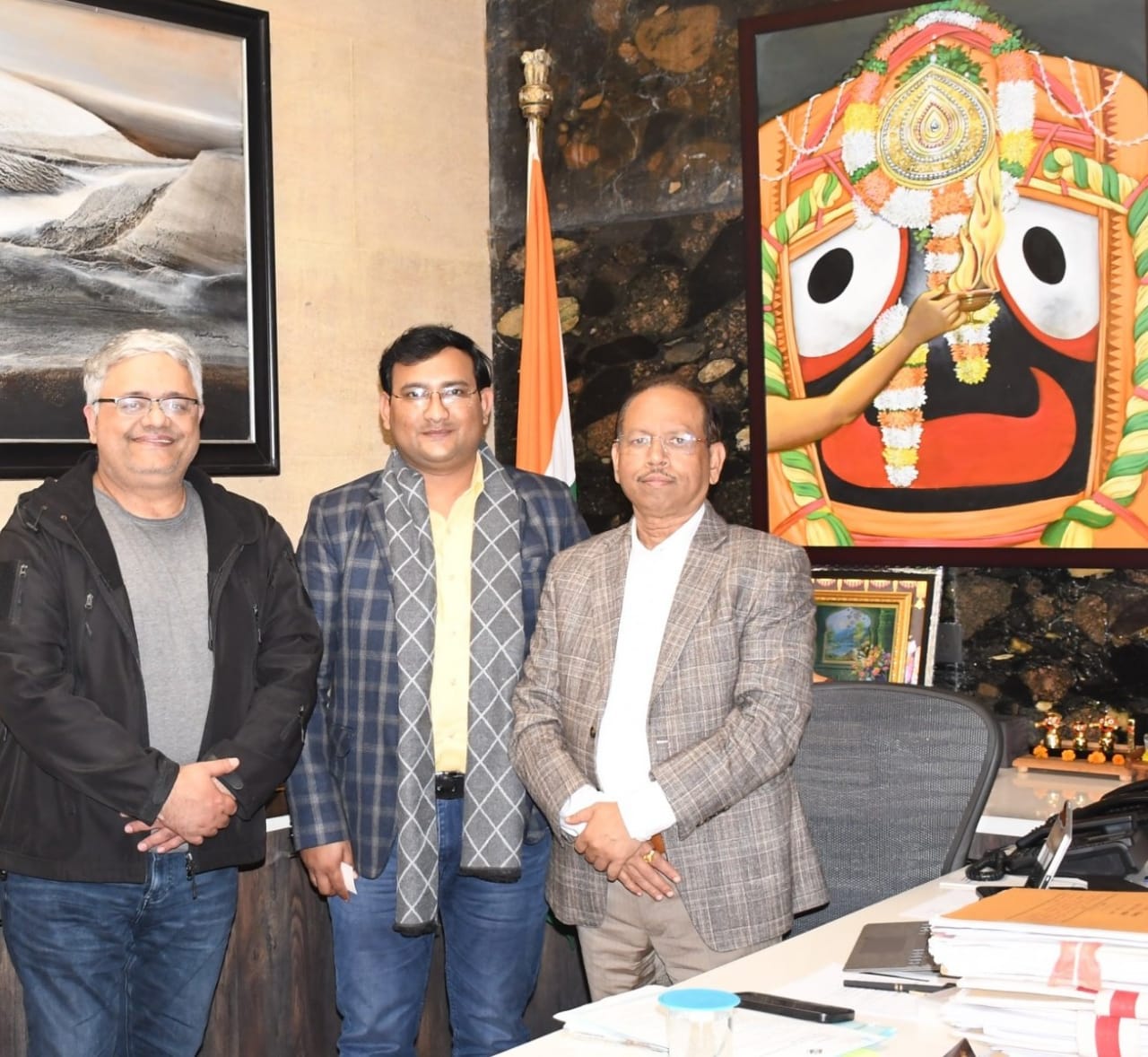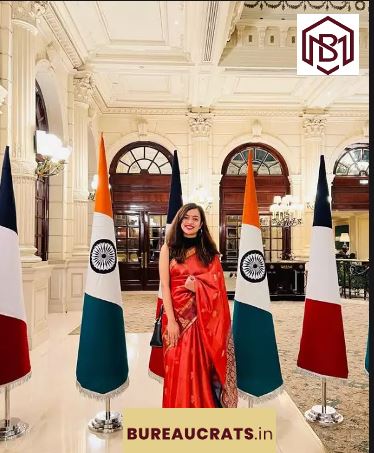In the realm of administrative services, negotiation emerges as a powerful tool, wielded by Indian Administrative Service (IAS) officers, whose decisions ripple through the lives of thousands. It’s not just a corporate boardroom drama; negotiation is an intrinsic part of the IAS officer’s daily existence while resolving complex issues and disputes or shaping policies that impact communities on a grand scale.
Negotiation extends beyond policy matters; it permeates the very fabric of an IAS officer’s personal and professional life. In handling public grievances, officers often find themselves negotiating with aggrieved citizens seeking redressal. Navigating these interactions requires empathy, effective communication, and the ability to find mutually agreeable solutions.

In essence, negotiation is the lifeblood of an IAS officer’s responsibilities. Whether it’s mediating between conflicting interest groups, brokering public-private partnerships, or resolving community grievances, effective negotiation skills are indispensable. The ability to find common ground, foster collaboration, and reach mutually beneficial solutions distinguishes an adept IAS officer.

Sharing one such anecdote from his rich experience as an IAS officer, Shri PK Jena, Chief Secretary of Odisha says, “Negotiation, however, is not only about reaching compromises but also about fostering collaboration, even if that involves twisting one’s arm when the situation calls for it.”

Bureaucrats Magazine – This high-stakes negotiation unfolded when Shri PK Jena was deputed at the headquarters of a state owned prominent Petroleum & Mining Operations Company, which had a foreign partner in a particular mining block to take care of the operations.
Shri PK Jena showcased remarkable negotiating prowess, bringing an end to a decade-long standoff between the Government and its foreign partner. The Government, holding a 51% stake in the company, found itself at odds for several years with the foreign partner, a private entity responsible for its day-to-day operations.
The earlier attempts to negotiate had been marred by the clever side stepping on relevant issues by the foreign partner. Repeated attempts by the Government to bring the foreign partner to the negotiating table for crucial discussions went in vain. They consistently evaded these discussions, leading to a protracted and contentious relationship.This went on, not for just a few months, but for several years.
In a strategic move to break the impasse, Shri PK Jena, deputed as the Chairman of the company, informed the foreign partner of his three-day visit to their headquarters in the USA for some crucial discussions.

Upon arrival, he was informed that the CEO of the partner company had undergone surgery and would be unavailable for the entire week. Suspecting this to be yet another attempt to dodge negotiations, Shri PK Jena proceeded with discussions with the available officers, determined to make progress.
At the end of the first day of deliberations, lasting a grueling 13 hours, Shri PK Jena shared with others on the table a poignant story from India.
Drawing parallels between a marital discord and the troubled partnership, he narrated how a wife, aggrieved by her husband bringing a second woman home to marry, resorted to taking drastic measures that eventually led to the second wife becoming a widow.
“Of course, the first wife became a widow too, but that wasn’t what she was worried about as she would receive all the inheritance in any case,” said Shri PK Jena. “What mattered to her was that the honeymoon period of the second wife was cut short and that she lost the husband and her dream of a comfortable life.”
He told the officials of the foreign partner company that he intended to go back and return the mines leased from the Indian Government, effectively making the foreign partner a “widow.” He explained that this move would sever their ties and kill the partnership, allowing the State Government to return the mines, which will be later reclaimed and worked upon with a new partner and on their terms.
Using the story as a metaphor for the impending end to their partnership, he declared that he just wanted a “Yes” or a “No” answer to his demands before he went back.
This ultimatum set the stage for a critical turnaround in the negotiations.
The following morning, Shri PK Jena was not surprised to receive a call from the CEO of the foreign partner company, who expressed a willingness to meet despite undergoing surgery. Undeterred, Shri PK Jena reaffirmed his stance, asserting that it was the CEO who needed to dispel any misunderstandings arising from the story he had shared with his officers and that all that he needed was a “Yes” or a “No” answer to his demands before he went back.
To his credit, the CEO acknowledged the Chairman’s resolve and negotiation skills and admitted to having underestimated Shri PK Jena. He said that he understood the implications of the story, but it wasn’t just up to him to say yes. He pledged to present the Indian partner’s demands to his company’s Board for approval and requested for 30 days’ time. This marked a pivotal moment in the negotiation process.
In the days that followed, the Board of the foreign partner deliberated on the Indian partner’s demands, eventually agreeing to all stipulations. The resolution not only salvaged the troubled partnership but also paved the way for a renewed understanding between the State Government and its foreign counterpart.
Shri PK Jena’s masterful negotiation skills and strategic storytelling were instrumental in breaking the deadlock that had persisted for over a decade. His ability to leverage the metaphorical story to convey the gravity of the situation demonstrated a unique approach to negotiations, forcing the foreign partner to reevaluate their position.

This successful negotiation underscores the diplomatic finesse and resilience of Indian Administrative Service officers like Shri PK Jena. It serves as a testament to their ability to navigate complex challenges, overcome obstacles, and secure favorable outcomes in the interest of the stakeholders they represent.
Shri PK Jena’s role in resolving the longstanding dispute stands as a shining example of effective leadership and negotiation even for the corporate world.
In Shri PK Jena’s words, “In the intricate tapestry of administrative responsibilities, negotiation emerges as a thread that weaves together diverse interests, aspirations, and challenges. It is a skill that transforms an IAS officer from a mere bureaucrat into a catalyst for positive change, navigating the complexities of governance with finesse and diplomacy.”
As the story from Shri PK Jena exemplifies, negotiation isn’t just a tool; it’s a way of life for those entrusted with shaping the destinies of the communities, and the nation they serve.
—————————————————————-
The above article is Part 1 of the 4 planned in this series, based on a personal interview of Shri SK Jena by our Founder and Chief Editor in January 2024.




